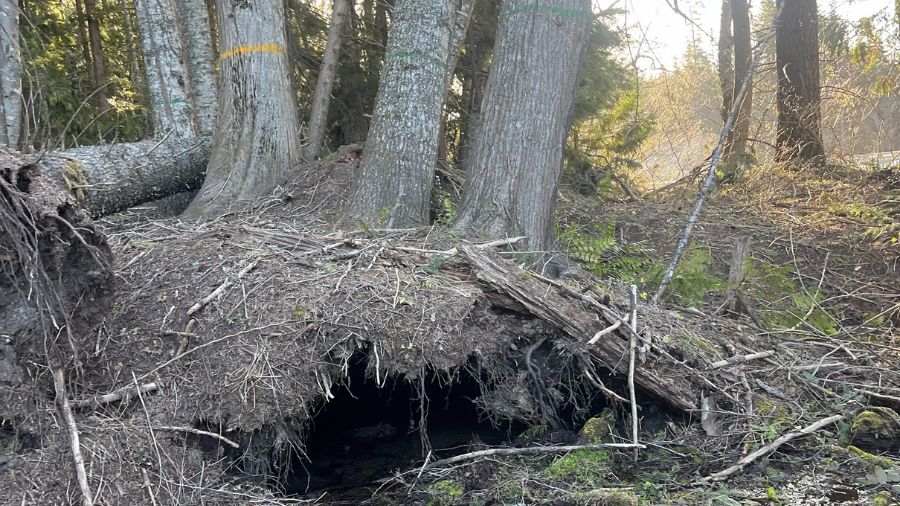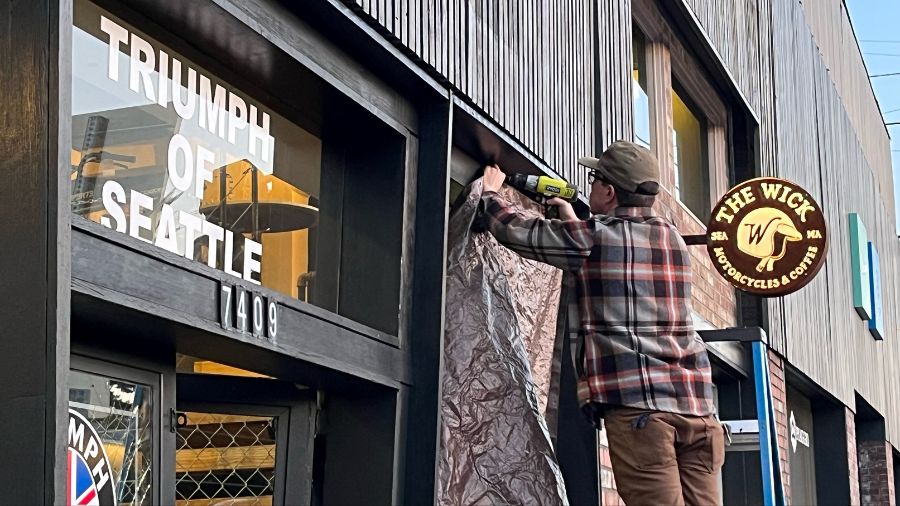PNW severely short on blood donations this summer
Jun 10, 2022, 6:32 AM

People donate blood at Bloodworks Northwest on March 17, 2020 in Seattle, Washington. (Photo by Karen Ducey/Getty Images)
(Photo by Karen Ducey/Getty Images)
Washington is facing a critical shortage in blood donations this summer.
Spring and summer are always a slow time for blood donations, as people go away on vacation and break their normal routines — but this year is especially worse than others.
“We are very, very concerned about the rest of June and the entire summer, to be quite frank,” said Vicki Finson, executive vice president of Bloodworks Northwest, which supplies most of the blood to hospitals around the region. “It’s accurate to say that all of our donation sites are seeing fewer people right now than we were seeing last year at the same time.”
PNW blood platelet shortage no longer ‘critical,’ but 2,000 donations still needed
Bloodworks only has enough appointments for July to meet 30% of the region’s anticipated need. For late June, Bloodworks is on track to meet only half the need.
“It is much, much more severe this year,” Finson said. “[On Tuesday], I was in three of our blood centers, and they were all eerily empty. At two blood centers there was one person donating when we should have had seven.”
Unfortunately, the need for blood does not stop during the summer. Blood donations go to people with cancer, those with heart problems, patients recovering from organ transplants, mothers giving birth, and survivors of traumatic car or sporting accidents.
Consistently bringing in less blood than needed means Bloodworks has had to resort to extreme measures.
“We have to triage every hospital order,” Finson said, adding, “We are actually augmenting the local blood supply with another blood center across the country who is helping us right now, because we don’t seem to be able to get enough donors right now.”
Additionally, hospitals are also having to ration blood platelets, giving them just to those patients who are actively bleeding, instead of also giving them to patients low on platelets. Platelets are the cells that cause clotting and stop people from bleeding to death after an injury. Cancer and cancer treatment can cause patients to be low on platelets.
Bloodworks Northwest has clinics throughout the Puget Sound area, many of which are open seven days a week. Donating blood typically takes an hour to an hour-and-a-half, depending on whether you are donating blood or blood platelets. Finson said the only symptoms you might feel afterward are a little fatigue or weakness, but this can be mitigated by eating plenty of food and drinking plenty of water.
Finson said the number-one reason people who are surveyed say they haven’t donated blood is because they had never been asked and were not aware of the need.
“Come try it,” Finson encouraged people. “The staff are fabulous and they’re kind, they’re compassionate, they’ve helped many nervous first-time donors and many nervous donors in general … If you’re looking for something joyous to do in your life, this is definitely one of them.”













